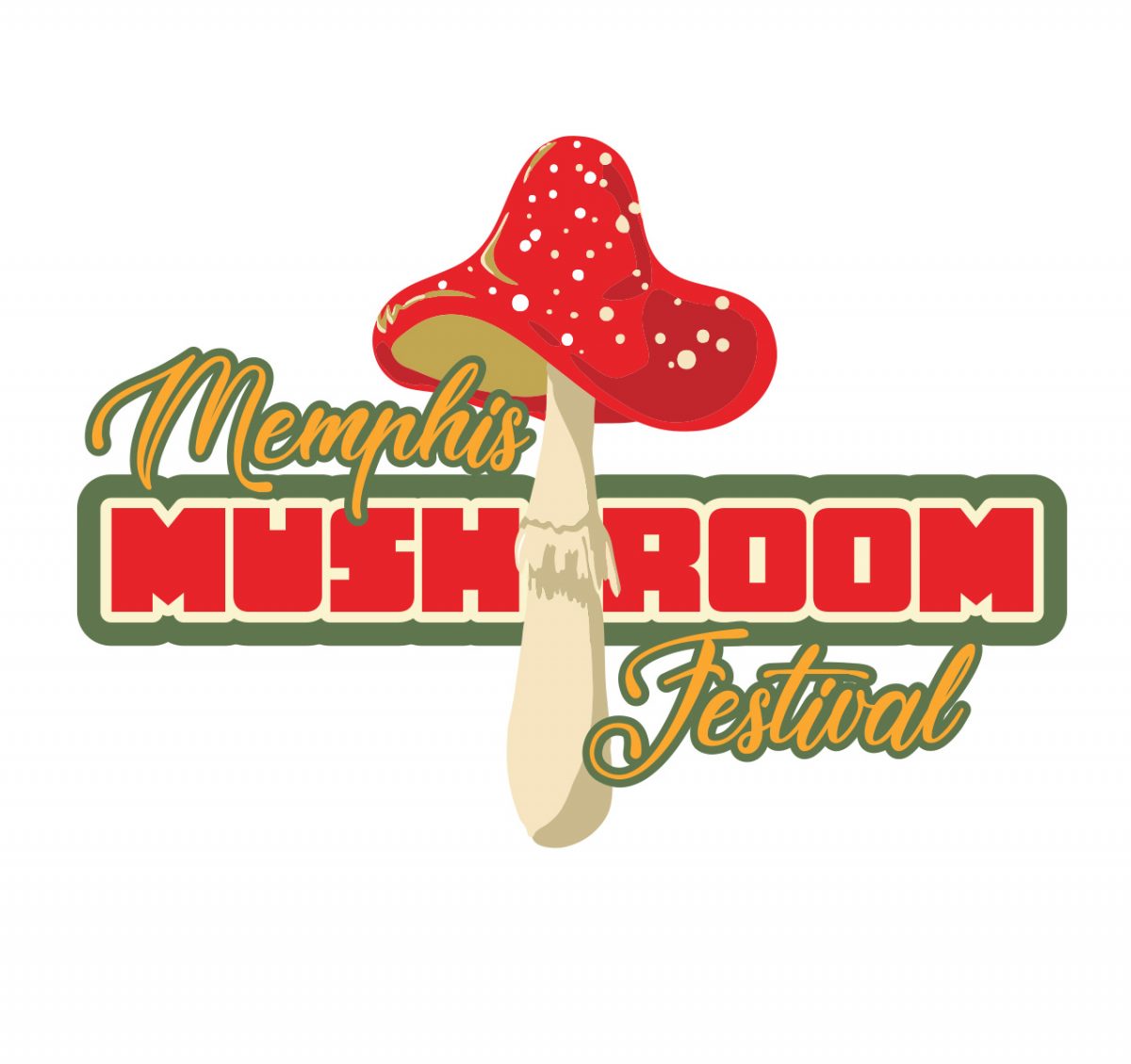Attitudes are changing on psychedelics.
For proof, consider Tuesday’s meeting of the Memphis Rotary Club. Dozens of coat-and-tie Rotarians lunched at The Bluff on Highland Row to hear about how magic mushrooms and MDMA {“molly”) might shape mental health therapies in the future.
There was no bait-and-switch, either. The presentation was plainly titled “Psychedelics: Focus on Psilocybin and MDMA.” But the speaker wasn’t some dreamy hacky-sacker. It was Dr. Ronald L. Cowan, Harrison Distinguished Professor and Chair of the Department of Psychiatry at the the University of Tennessee Health Science Center (UTHSC).
Cowan’s approach to the material was certainly clinical. He didn’t open his presentation with a trippy joke. Instead, he explained differences in psychedelics — such as LSD and peyote — by their chemical compositions, where they are found, and how they work in the brain.
“Psychedelics have been used by humans for thousands of years,” Cowan told the group. “So, there’s nothing new here, for sure, except that we’re now directly targeting them in our treatment.”
Cowan said there was good news. Mushrooms, for example, work “pretty well” in the treatment of depression. Anti-depressives can take six to eight weeks to become effective, he said. Even then, they work for about half of the patients who get them.
Studies of mushrooms in treatment found they showed an effect in a few days, or up to a week or two. The treatment uses one or two doses of psilocybin with psychological support therapy. Also, ”the depression resolves in about two-thirds of patients after treatment,” Cowan said. “It seems like [psilocybin treatment is] much more effective overall.”
But Cowan couched his response by noting that long-term data is only now coming out. Also, depression and other mental health issues “are extremely complicated,” and that every patient (and person) is different and may respond to treatments differently.
Should psilocybin and other psychedelics like MDMA become more commonplace in medicine, Cowan does not expect patients to be able to pick them up at the drug store and take them home. He expects the drugs will be administered in a clinical setting, where patients will be guided and monitored for several hours.
The Rotary Club members asked Cowan for details on how the psilocybin therapy worked, and if any data existed on its use in treating Alzheimers, Parkinsons, autism, and more. It is likely these attitudes of acceptance of such treatments — not just in Memphis — would have been much different a decade ago.
In 2018, the U.S. Food and Drug Administration (FDA) gave psilocybin a rare “breakthrough” distinction so its effects could be accurately studied. The agency gave another “breakthrough” distinction to another magic mushroom trial the following year.
This summer, the FDA issued its first set of formal guidelines for psilocybin treatment trials. The drug, it seems, has broken from the counterculture underground to mainstream science and, maybe one day, to your doctor’s office.
Some cities have begun unlocking mushrooms from the underground. In 2019, Denver became the first U.S. city to decriminalize mushrooms for recreational use. The California cities of Oakland and Santa Cruz quickly followed, as did several other cities. So far, Oregon and Colorado are the only two states that have legalized recreational mushrooms.
Can you legally trip on mushrooms in Memphis? No. Lawmakers in Nashville won’t even budge on cannabis. But can you kind of legally trip on mushrooms in Memphis? Kind of, yes.
Google around for “mushroom gummies” and you’ll find a host of legal products that can ship to your door. It’s likely that these have hit your local head shop or vape shop, too. Mad Hatter’s Tea & Gifts in Bartlett advertised some on Instagram back in March with 500 mg per gummy.

None of these, however, contain psilocybin, the active ingredient in “magic” mushrooms. But there are psychedelics in those legal products, just from a different, legal mushroom — Amanita muscaria.
These look like the stereotypical magic mushroom with a thin stem, and a bright red cap with little white dots. And they’re only illegal in Louisiana. According to that Instagram post from Mad Hatter’s, these mushrooms can be potent.
”The story behind Santa Claus and flying reindeers come from a small village that would use Amanita mushrooms for the New Year,” the post reads. “They would see Santa Claus flying across the sky on reindeer.”
But do the legal mushrooms gummies work? Well, they probably won’t produce the same effects as psilocybin, nor should anyone expect them to cure depression. (Cowan said no one should buy and take psilocybin on their own for treatment, either. Instead, they should talk with their doctor.)
But will those legal gummies get you high? We turned to the internet, where we found what we think is an honest review from VapingwithTwisted420.
The YouTuber took five(!) gummies (about 3,000 milligrams) and chilled at home, playing video games. Head to the 7-minute mark of this video for his honest (and hilarious) review.



